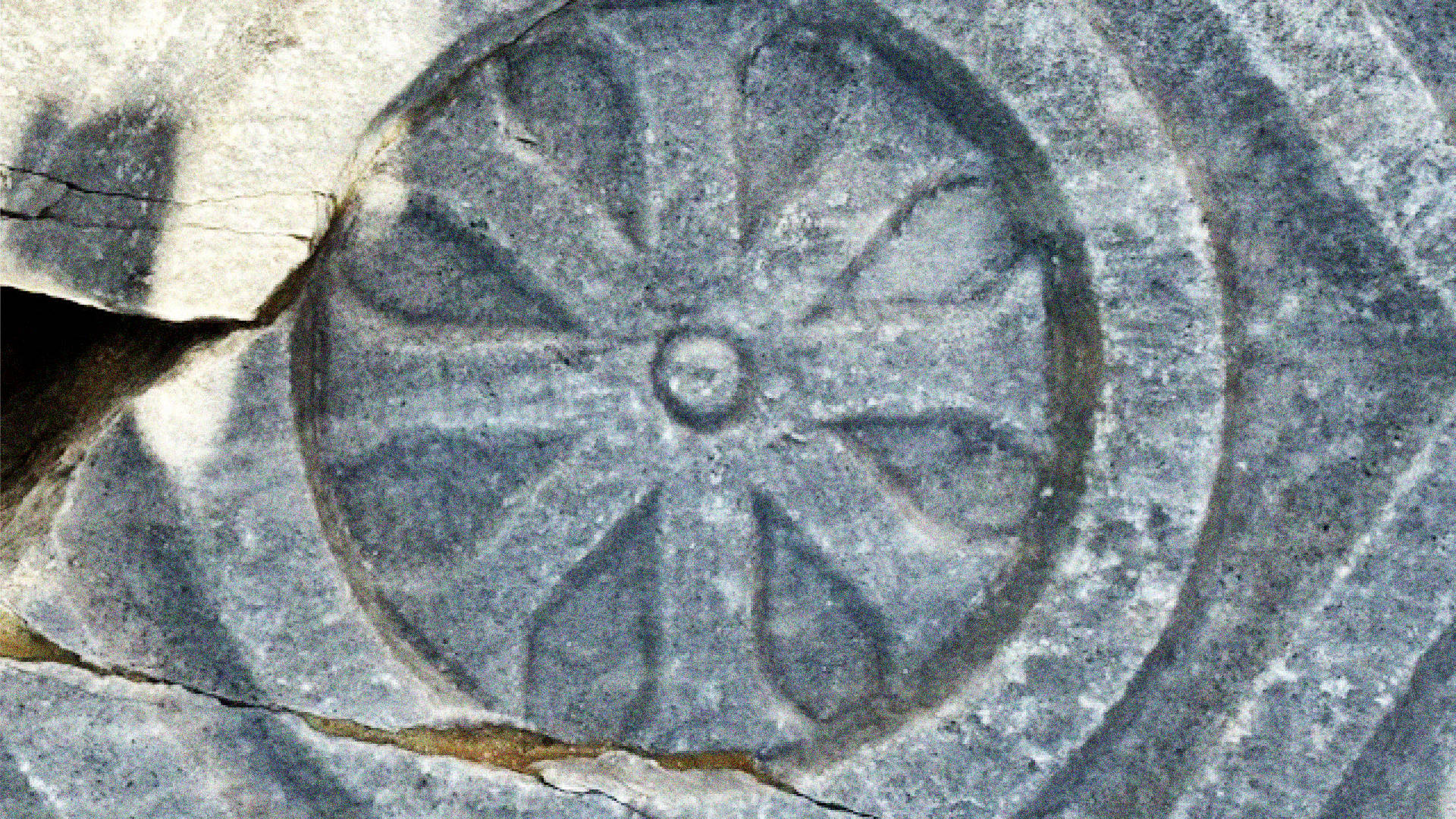
www.thegospelcoalition.org
Faithful Witness in the Land of Nicaea
Situated between Ephesus and Nicaea, the church in Smyrna has borne witness to the gospel at critical moments in history. In the first century, Jesus exhorted the persecuted saints in Smyrna to follow his example and “be faithful unto death” (Rev. 2:10). In the second century, Polycarp, bishop of Smyrna, was “faithful unto death,” when he was burned at the stake for refusing to burn incense to the Roman emperor. In the 21st century, a community of Christ-followers remains in Smyrna, now the Turkish city of İzmir, bearing witness to the triune God.
On May 24, 2025, the İzmir Protestant Church hosted a theological conference, “The Council of Nicaea in the Light of the Reformation,” marking the 1,700th anniversary of the first ecumenical council (AD 325). The gathering brought together a diverse group of university students, Muslim theology students from local seminaries, curious citizens, and Christians from a wide range of Protestant churches across Asia Minor.
Historical Scholarship, Heartfelt Conviction
The conference featured four plenary sessions followed by a panel discussion. Fikret Bocek, pastor of İzmir Protestant Church, opened the conference by addressing widespread misconceptions, such as the claim that Nicaea created the biblical canon or invented the divinity of Christ. His central theme: If Jesus isn’t fully God, he cannot save us.
If Jesus is not fully God, he cannot save us.
Photo courtesy of Steve Bateman
Michael Brown, who leads a church in Milan, Italy, focused on the meaning of “begotten, not made.” He explained how the Nicene Creed guards the truth that the Father, Son, and Holy Spirit are one in essence yet distinct in person.
By highlighting how reformers like John Calvin and the authors of the Belgic Confession used the Nicene Creed in Protestant churches, pastor Mihai Corcea, from Bucharest, Romania, demonstrated how the Magisterial Reformers distinguished themselves from Roman Catholic and Radical Reformation innovations.
Popular culture and Islamic polemics frequently repeat five major myths about the Council of Nicaea. Pastor Cagdas Coskun, from İzmir, dismantled each myth, striking a clear and respectful tone and making the central message of the conference accessible for guests from non-Christian backgrounds.
Photo courtesy of Steve Bateman
Positive Response
In evaluating the conference, one Muslim guest responded that he found it “a genuinely introspective and engaging event—intellectually stimulating, spiritually reflective, and warmly hosted . . . a refreshing example of how faith communities can engage critically with their traditions while extending a generous hand to those beyond their walls.”
One new believer in Christ said, “[It] helped me understand the Nicene Creed as not just a weekly ritual, but a bold declaration of the truth. . . . It wasn’t just academic—it planted seeds of conviction and clarity in my heart.”
The Lord is at work in Turkey, not only in minds but in hearts.
On the day following the conference, the İzmir Protestant Church was pleasantly surprised to see more than 50 visitors in their Sunday worship service, and many of those guests heard the gospel for the first time. In addition, they witnessed the baptism of eight new believers, a powerful affirmation that the Lord is at work in Turkey, not only in minds but in hearts.
Photo courtesy of Steve Bateman
Good News from the Land of Nicaea
While the Turkish constitution guarantees religious freedom, Christians represent less than 1 percent of the population of this Muslim-majority nation, a similar ratio to the first century.
Religious freedom is protected in some parts of the nation more than others, but all Christians there daily feel the weight of being vastly outnumbered. Christians in Turkey are legally allowed to evangelize, but there are often negative social consequences. It’s becoming more difficult for Western missionaries to enter or remain in Turkey, so the burden of reaching this nation may eventually fall solely on the Turkish church with its limited resources.
But there’s cause for hope. While it’s true there’s no church in Nicaea (modern İznik) today, Bocek reports that a small group of believers meets there. This conference confirms there remains a vital witness to the triune God in the land of Nicaea, and that witness is worthy of our prayer and support.










